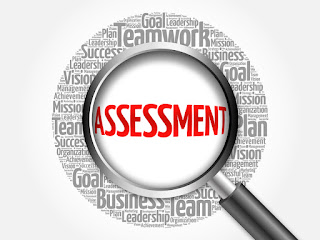Cultivating Positivity: Using Positive Psychology in Education
Cultivating Positivity: Using
Positive Psychology in Education
Positive
approach is essential in all fields. Education being the most important of
them, positive approach is paramount for its teachers and other support staff.
With the introduction of positive psychology in education, teachers and staff
are now equipped with the tools necessary to foster a positive and sustainable learning
environment for their students. This approach to education encourages teachers
to intentionally focus on messages and activities that will promote the
positive thinking and mental health of their students.
One
of the most powerful tools associated with this approach is gratitude. Studies
have shown that expressing and cultivating gratitude in the classroom can have
a significant impact on student wellbeing and academic performance. It helps to
create a sense of purpose and encourages a healthy appreciation for the
accomplishments of others. Teachers can employ strategies such as writing thank
you notes to create a sense of appreciation and recognition. Gratitude journals
are another effective tool which can be used to help students focus on the positive
aspects of their day.
Regular
classroom activities such as mindfulness and breathing exercises are also
beneficial in cultivating a positive environment. They help young people
develop an awareness of the thoughts, feelings and sensations that arise from
day to day. Additionally, these activities help establish a sense of calmness
and clarity in the classroom.
In
addition to the activities mentioned above, teachers can capitalize on their
ability to set the tone for their classroom by creating an environment that is
conducive to learning. For instance, they can implement a system of respect and
caring by having a zero-tolerance policy towards bullying and negative
behavior. The atmosphere should be one in.




Comments
Post a Comment